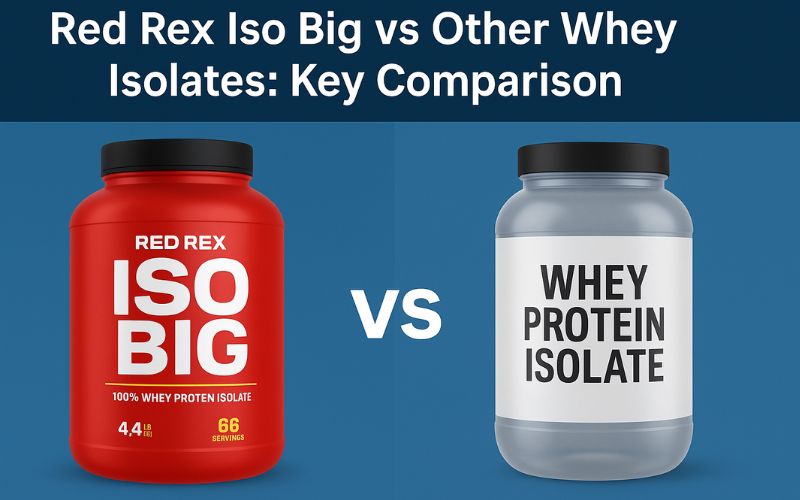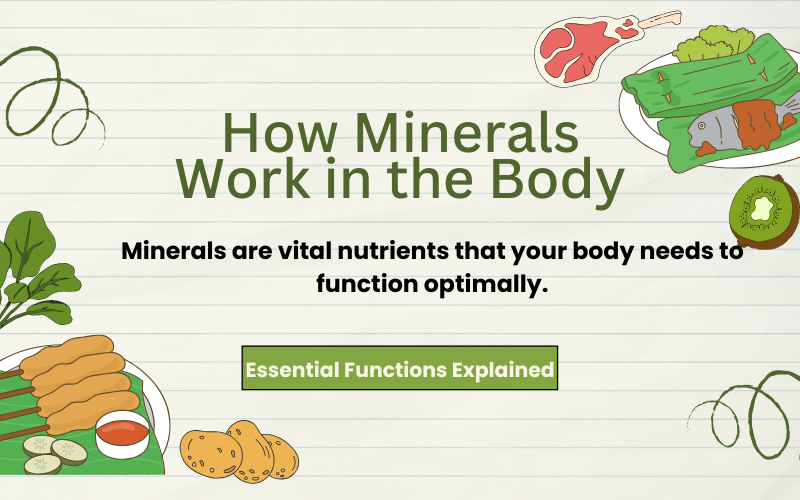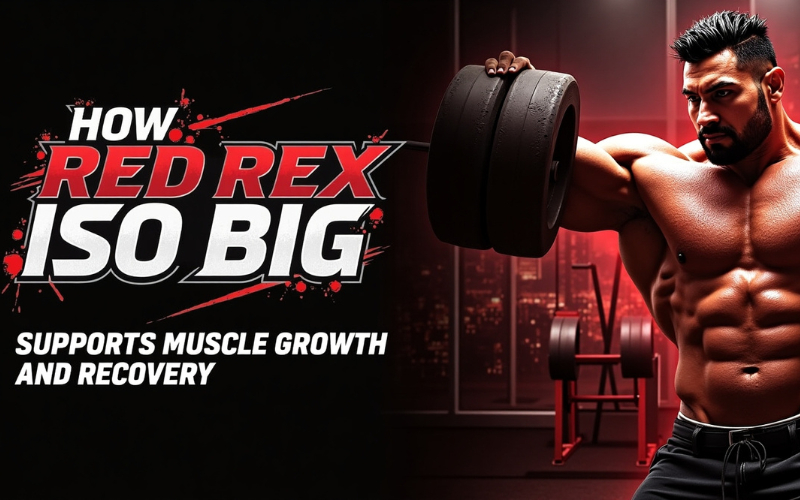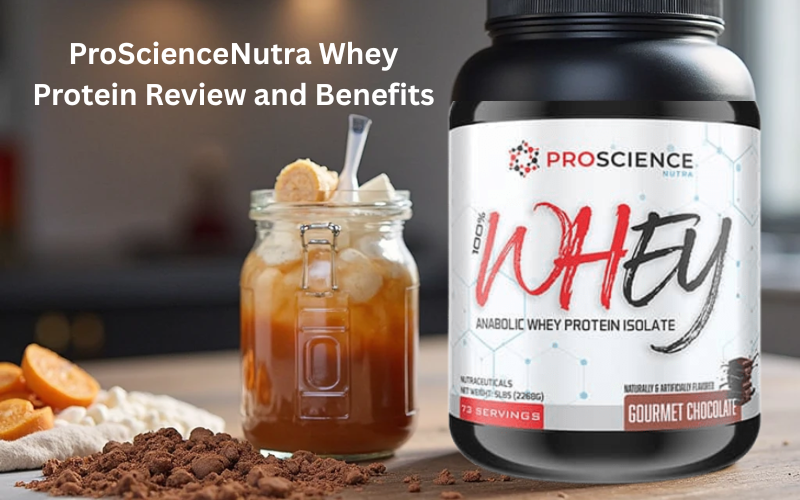Isolate Protein for Beginners: Everything You Need to Know
Isolate protein for beginners whether you’re new to the world of fitness or simply looking to optimize your nutrition, understanding the role of protein in your diet is crucial. One type of protein that has gained popularity in the fitness community is isolate protein. If you’re a beginner to protein supplementation, isolate protein can be a great option due to its high purity and numerous benefits. This guide will walk you through everything you need to know about isolate protein, from what it is to how it can benefit your fitness goals.
What is Isolate Protein?
The Basics of Isolate Protein
Isolate protein is a form of protein that is processed to remove most of the fat and carbohydrates, leaving behind a higher concentration of protein per serving. It is commonly derived from whey protein, though there are also plant-based protein isolates available for those with dietary preferences or restrictions.
Whey Protein Isolate
Whey protein isolate (WPI) is one of the most popular types of isolate protein. It’s made from milk, and it contains all the essential amino acids your body needs to repair and build muscles. This type of protein is often favored by athletes and bodybuilders because of its fast absorption rate.
Plant-Based Protein Isolate
For those who follow a vegan or vegetarian diet, plant-based protein isolates, such as pea protein isolate or rice protein isolate, are excellent options. They provide a clean, plant-derived source of protein without compromising on quality.
How Is Isolate Protein Made?
Isolate protein is created through a process called filtration. This process removes impurities, fats, and lactose from the protein source, which results in a product with a higher protein percentage compared to other forms like concentrate protein.
Filtration Process
The most common filtration methods for producing isolate protein are cross-flow microfiltration (CFM) and ion-exchange filtration. Both methods remove unwanted elements like fats and carbs while maintaining the protein’s amino acid profile.
Benefits of Isolate Protein
High Protein Content
Isolate protein typically contains around 90-95% protein by weight, making it an excellent choice for those looking to maximize their protein intake without consuming excess calories from fats and carbohydrates.
Ideal for Muscle Growth and Repair
Since it’s a complete protein, isolate helps your muscles recover and grow after intense workouts. This makes it particularly beneficial for athletes and fitness enthusiasts who engage in regular physical activity.
Easy to Digest
Isolate protein is generally easier to digest than other protein types because most of the lactose and fat has been removed. This makes it a good choice for individuals with lactose intolerance or digestive issues.
Fast Absorption
Whey protein isolate is absorbed quickly by the body, which is why it’s commonly used post-workout. Its fast absorption helps kickstart muscle repair and recovery immediately after exercise.
Low in Calories
Compared to other protein powders, isolate protein tends to be lower in calories, which makes it a good option for those who are trying to lose weight or maintain a lean physique.
How to Use Isolate Protein
When to Take Isolate Protein
The timing of your protein intake plays a crucial role in how effectively your body uses it. For beginners, understanding when to take isolate protein can optimize your results.
Post-Workout
The most common time to consume isolate protein is right after your workout. Consuming protein within 30 to 60 minutes post-exercise helps your muscles repair and grow.
Throughout the Day
If you’re struggling to meet your daily protein needs through whole foods, you can incorporate isolate protein into your meals or snacks throughout the day to help you reach your goals.
How Much Isolate Protein Should You Take?
The amount of isolate protein you should take depends on your individual needs, fitness goals, and body weight. A common guideline is to consume 1.2 to 2.2 grams of protein per kilogram of body weight per day.
Protein Per Serving
Each scoop of isolate protein typically contains 20 to 30 grams of protein, depending on the brand and the product. Start with one scoop after your workout and adjust based on your protein needs.
How to Choose the Right Isolate Protein
Factors to Consider
When selecting an isolate protein powder, there are several factors to consider to ensure you’re getting the best product for your needs.
Protein Quality
Look for a product with a high protein percentage and minimal additives. Whey protein isolate is considered one of the highest quality protein sources available.
Flavor and Taste
Some protein powders can have a chalky or overly sweet taste. Choose a flavor that you will enjoy, as it will encourage you to stick to your supplement routine.
Ingredient List
Check the ingredient list for any fillers, artificial sweeteners, or preservatives. The fewer ingredients, the better. Ideally, the product should contain just protein and a few natural flavoring ingredients.
Price and Brand Reputation
While high-quality isolate protein can be more expensive than other protein types, it’s important to choose a reputable brand known for producing clean, effective products. Do your research and read reviews to find a trustworthy brand.
Common Mistakes to Avoid When Using Isolate Protein
Overconsumption
Some beginners believe that taking more protein will automatically lead to better results. However, overconsuming protein can put unnecessary strain on your kidneys and liver. Stick to the recommended serving size and adjust according to your specific needs.
Relying Solely on Protein Powder
While protein powder can be an excellent supplement, it shouldn’t replace whole foods in your diet. It’s best to get most of your protein from lean meats, dairy, legumes, and other natural sources, and use isolate protein to fill in any gaps.
Is Isolate Protein Right for You?
Factors to Consider
Isolate protein is an excellent option for beginners, especially if you’re looking for a clean, fast-digesting protein source. However, it may not be necessary for everyone. If you’re already meeting your protein needs through whole foods, you may not need a protein supplement.
If You Have Dietary Restrictions
If you have lactose intolerance or follow a vegetarian or vegan diet, isolate protein is a good option. Plant-based isolate proteins are also available for those who avoid animal products.
If You’re Training Intensively
For those who engage in heavy training or bodybuilding, isolate protein can support muscle recovery and help you meet your higher protein demands.
Conclusion
Isolate protein is an excellent supplement for beginners who are looking to boost their protein intake without consuming unnecessary fats and carbohydrates. With its high protein content, fast absorption rate, and easy digestibility, it can be an effective tool in achieving your fitness goals. Whether you’re looking to build muscle, lose weight, or simply supplement your diet, isolate protein can play a key role in your nutrition plan. Just remember to use it correctly and combine it with a well-rounded diet and exercise routine for the best results.
Ready to get started on your protein journey? Visit Syner Nutrition to explore our range of premium isolate protein products and take your fitness to the next level!
FAQs about Isolate Protein for Beginners
1. What is the difference between isolate protein and concentrate protein?
Isolate protein undergoes more processing than concentrate protein, which results in a higher protein percentage (around 90-95%). It has fewer fats, carbohydrates, and lactose compared to concentrate protein. This makes isolate protein a purer option, ideal for those seeking to maximize protein intake with minimal extra calories.
2. Can I take isolate protein if I am lactose intolerant?
Yes, isolate protein is a great option for those with lactose intolerance. The filtration process removes most of the lactose, making it easier to digest for individuals who may experience discomfort with dairy products. Additionally, plant-based isolate proteins are also available for those avoiding animal products altogether.
3. When is the best time to take isolate protein?
The best time to take isolate protein is post-workout to support muscle recovery and growth. Consuming it within 30-60 minutes after exercising ensures your muscles get the necessary amino acids to repair. You can also take it throughout the day as a snack or meal supplement if you’re struggling to meet your daily protein requirements.
4. How much isolate protein should I consume daily?
Your protein needs depend on factors like body weight, activity level, and fitness goals. A general guideline is to consume 1.2 to 2.2 grams of protein per kilogram of body weight per day. For most beginners, one scoop (about 20-30 grams of protein) per serving is a good starting point.
5. Is isolate protein suitable for vegetarians and vegans?
Yes, there are plant-based isolate proteins available for vegetarians and vegans, such as pea or rice protein isolate. These options provide a clean, plant-derived protein source while still offering the benefits of isolate protein. Just ensure you’re choosing a product that aligns with your dietary preferences.









Add comment